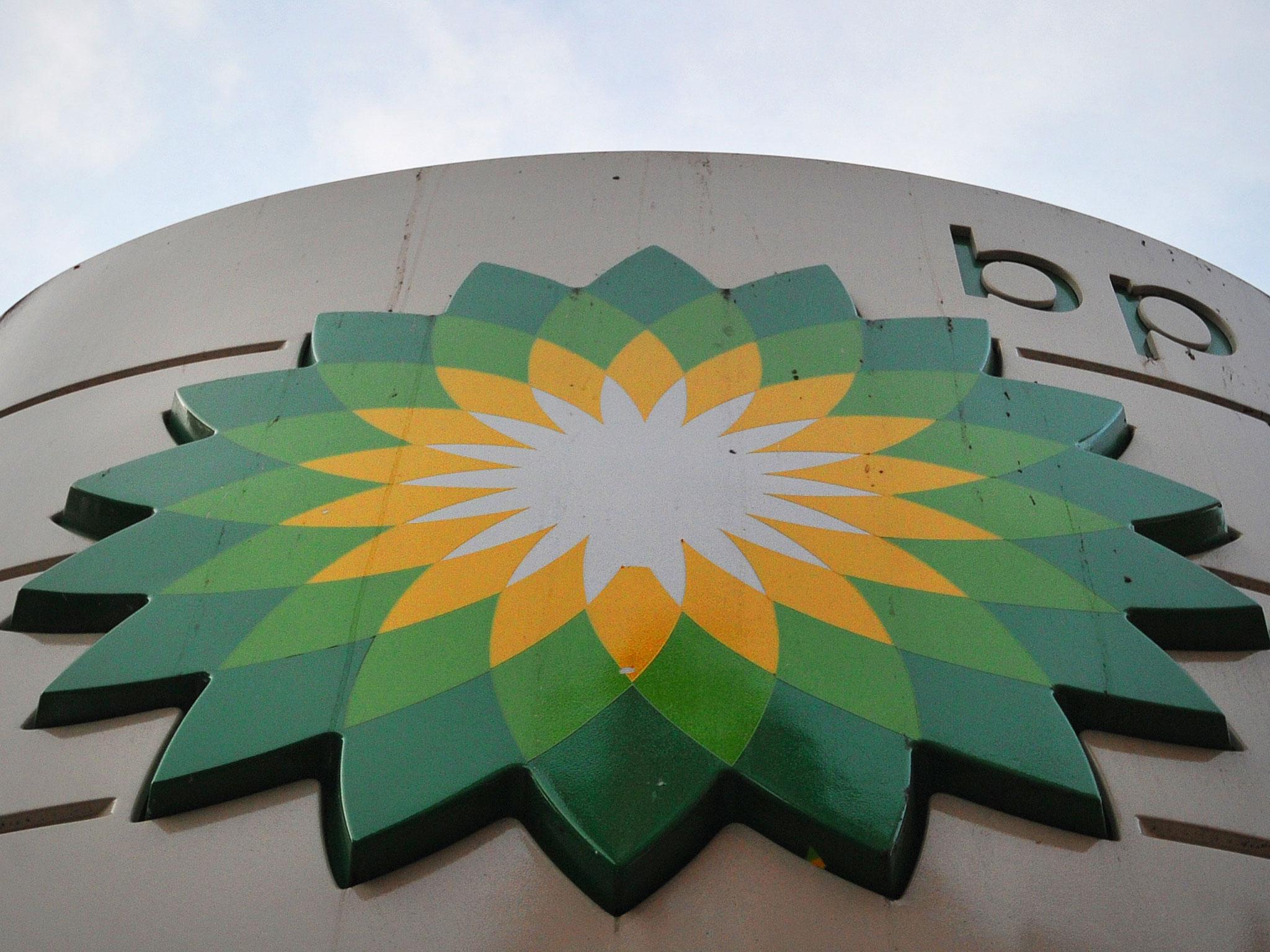BP taken off Gulf of Mexico blacklist after deal with US

BP said it came to an agreement yesterday with the US Environmental Protection Agency (EPA) that lifts a ban preventing the company from bidding for new US federal government contracts.
The company had been barred from signing new US government contracts following BP's involvement in the massive 2010 oil spill at the Deepwater Horizon oil rig in the Gulf of Mexico.
An explosion at the rig in 2010 killed 11 workers and the mile-deep Macondo oil well then spilled more than four million barrels of oil into the Gulf, harming coastlines from Florida to Texas.
BP said it reached an agreement "resolving all matters related to the suspension, debarment and statutory disqualification of BP following the Deepwater Horizon accident and oil spill.
"As a result of this agreement, BP is once again eligible to enter into new contracts with the US government, including new deepwater leases in the Gulf of Mexico."
Under the terms of the "administrative" agreement, which applies for five years, BP has agreed to a set of safety and operations, ethics and compliance, and corporate governance requirements.
In its statement, the EPA said BP must retain an approved independent auditor who will conduct an annual review and report compliance with the agreement.
Also yesterday, it emerged that Shell paid its former chief executive Peter Voser more than €26m (£22m) in the two years before he left in January, even though the energy giant was forced to issue a profit warning for his final year a fortnight later.
The company disclosed that Mr Voser's total salary and bonus pay package was €8.4m for 2013 – a period in which the group's full-year profits tumbled by 38 per cent to $16.7bn (£10bn) as it suffered from stiff competition in refining, impairment charges on its US shale oil and gas operations, and costs relating to disruption in Nigeria.
Although Mr Voser's pay package last year was well down on the €18.2m he received in 2012, it brought his total remuneration for his final two years to €26.6m.
In the first shake-up since Ben van Beurden took over as chief executive from Mr Voser on 1 January, he announced Shell would cut spending on US oil and gas production by a fifth and redirect much of the remainder from shale gas into oil and "liquids- rich" shale.
As part of the transformation, the group will also be dividing its business into 150 "performance units" across the world. These will group together assets – such clusters of oil and gas fields in similar geological formations – so that their performance can be monitored more closely.
The units will not change the structure of the company but instead have been created purely as a means of judging performance.
"With sharper accountability in the company, this approach will target growth investment more effectively, focus on areas of business where performance improvement is most required and drive asset sales from non-strategic positions," Mr van Beurden explained.
Subscribe to Independent Premium to bookmark this article
Want to bookmark your favourite articles and stories to read or reference later? Start your Independent Premium subscription today.

Join our commenting forum
Join thought-provoking conversations, follow other Independent readers and see their replies